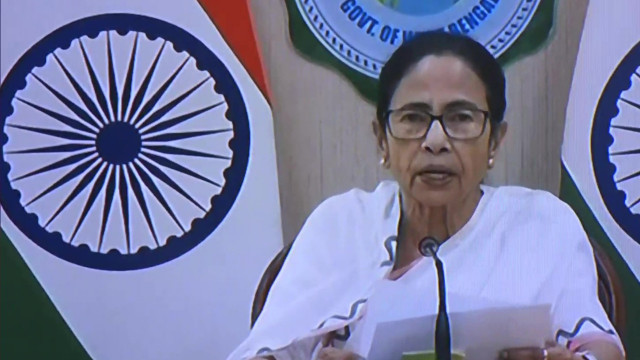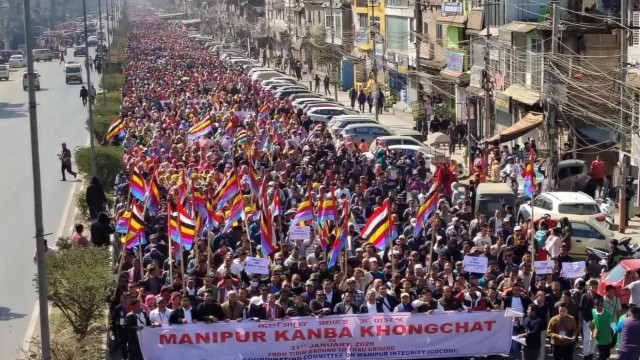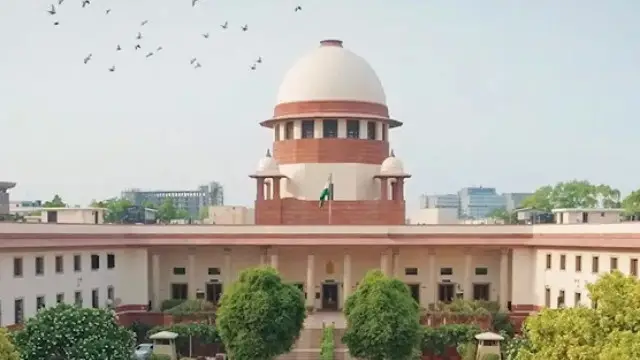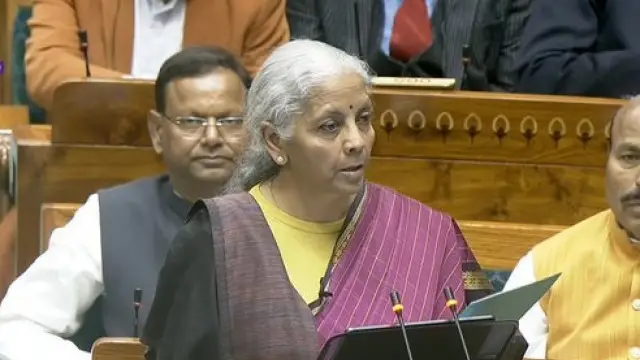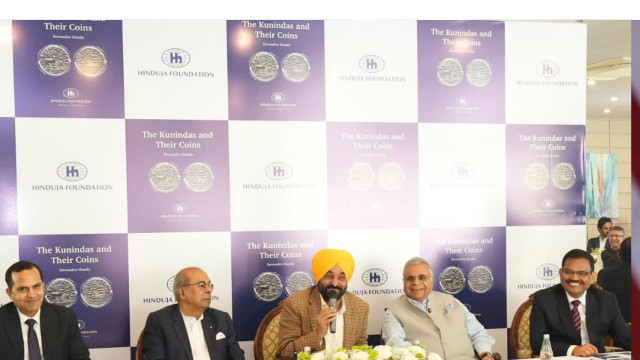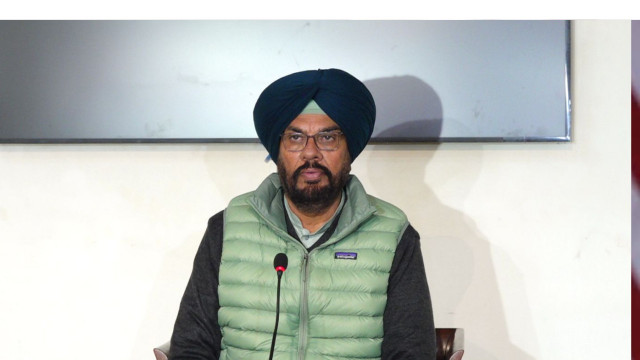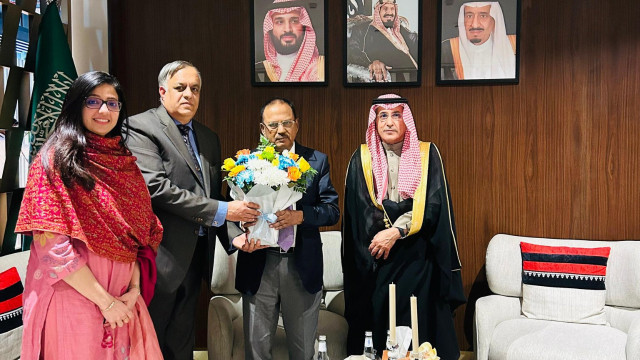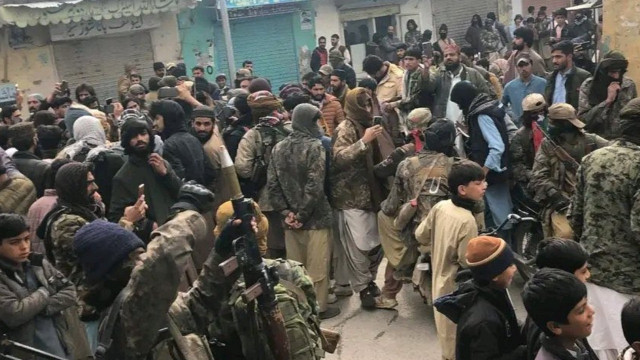After Tharoor, Khurshid Questions Congress on Pakistan’s Ceasefire Role
Senior Congress leader Salman Khurshid has stirred controversy within his party by aligning with Shashi Tharoor’s stance on the recent India-Pakistan ceasefire, asserting that Pakistan initiated the truce without external mediation.

National News: The Congress party is facing internal turbulence as senior leader Salman Khurshid has joined Shashi Tharoor in challenging the party’s narrative on the recent India-Pakistan ceasefire. Khurshid’s claim that Pakistan directly initiated the truce without third-party mediation, particularly by the United States, has sparked debate and exposed divisions within the party. This comes in the wake of India’s Operation Sindoor, a response to the Pahalgam terror attack, which prompted the ceasefire agreement. As the Congress grapples with its stance on this critical foreign policy issue, Khurshid’s remarks highlight a growing rift in the party’s approach to national security.
Khurshid’s Bold Assertion
Speaking at a recent public event, he dismissed suggestions of US involvement, stating, “Whatever has happened, has happened only between the two nations.” This directly contradicts claims by some Congress leaders, including Rahul Gandhi, who implied external mediation facilitated the truce. Khurshid’s stance aligns with Shashi Tharoor’s earlier comments, which emphasized India’s diplomatic autonomy in securing the ceasefire. The remarks have raised eyebrows, as they challenge the party’s official line and suggest a lack of consensus on how to address India-Pakistan relations post-conflict.
Congress’s Internal Divide
While the leadership has portrayed the ceasefire as a diplomatic win, it has also hinted at foreign involvement, possibly to critique the Modi government’s handling of the situation. However, Khurshid’s and Tharoor’s statements suggest a preference for acknowledging India’s independent role in negotiations. This disagreement has fueled criticism from opposition parties, who accuse Congress of inconsistency on national security issues. Political analysts see this as a sign of ideological fragmentation, with senior leaders prioritizing factual accuracy over party unity, potentially weakening Congress’s position ahead of crucial elections.
Implications for India-Pakistan Relations
Khurshid’s acknowledgment of Pakistan’s initiative in seeking peace could reshape perceptions of the bilateral dynamic. While India maintains a firm stance against terrorism, the truce signals a mutual interest in de-escalation. However, Congress’s mixed messaging risks complicating its critique of the government’s foreign policy. As Khurshid and Tharoor advocate for clarity, the party must navigate these internal contradictions to present a unified front on this sensitive issue.




